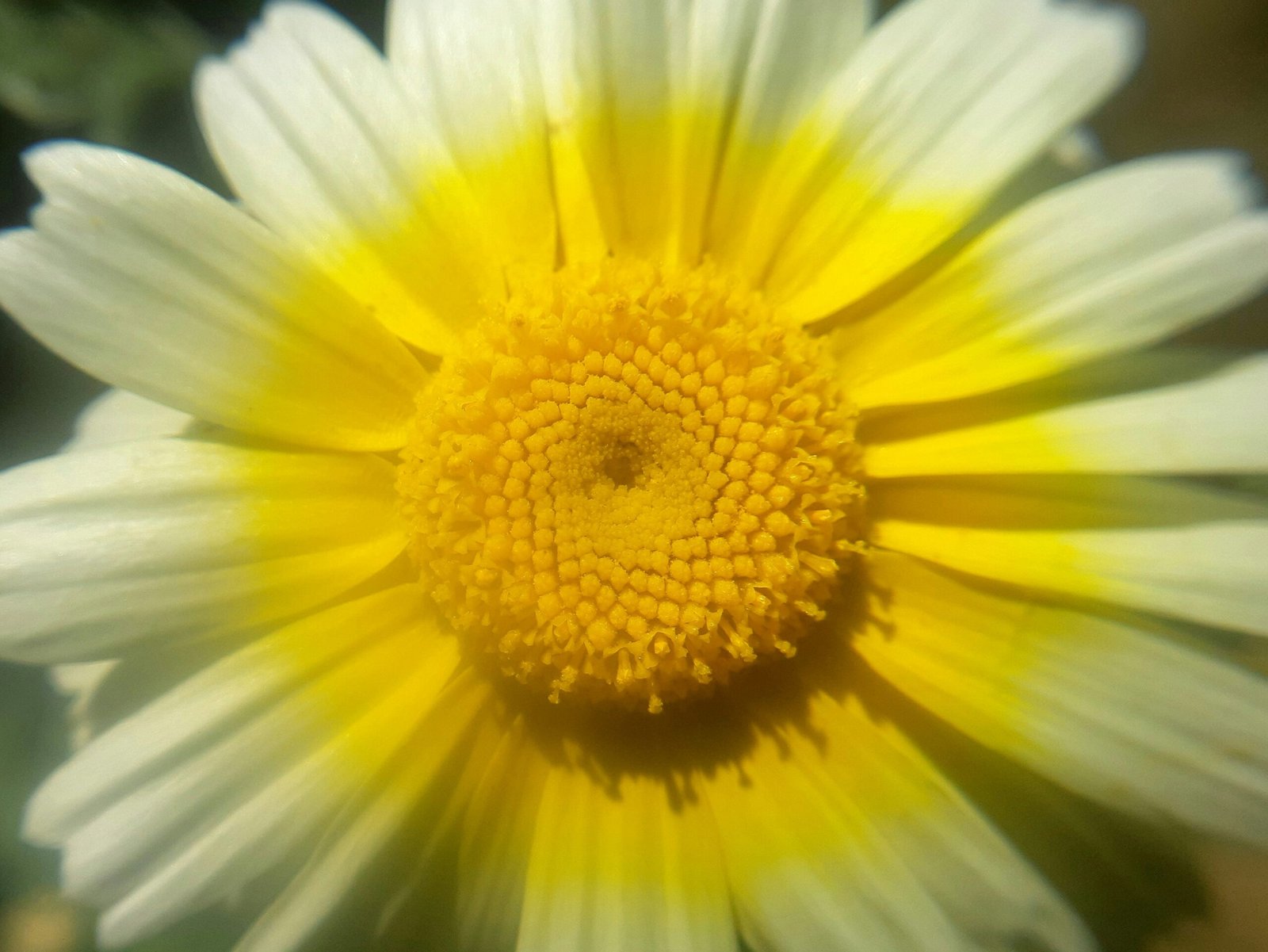The Use of Herbal Remedies and Traditional Medicine in Treating or Preventing STDs
Sexually transmitted diseases (STDs) have been a persistent health concern throughout history. While modern medicine has made significant advancements in treating and preventing STDs, there is a longstanding tradition of using herbal remedies and traditional medicine to address these infections. This article will discuss the use of herbal remedies and traditional medicine in treating or preventing STDs, with a focus on ancient medicinal practices and their effectiveness.
Ancient Medicinal Practices
For centuries, various cultures around the world have relied on herbal remedies and traditional medicine to combat diseases, including STDs. These ancient practices often utilize plants, roots, and other natural ingredients to create remedies believed to possess healing properties.
In Traditional Chinese Medicine (TCM), for example, herbal formulas such as Yin Chen Hao Tang and Long Dan Xie Gan Tang have been used to treat sexually transmitted infections. These formulas are believed to have antiviral and antibacterial properties, helping to alleviate symptoms and promote healing.
Similarly, Ayurvedic medicine, an ancient healing system from India, emphasizes the use of herbs and plants to restore balance and treat diseases. Ayurvedic practitioners may recommend herbs like neem, turmeric, and ashwagandha to strengthen the immune system and fight against STDs.
Effectiveness of Herbal Remedies and Traditional Medicine
While herbal remedies and traditional medicine have been used for centuries, it is important to approach their effectiveness with caution. The scientific evidence supporting the use of these remedies in treating or preventing STDs is limited, and they should not be considered as a substitute for modern medical treatments.
That being said, some studies have suggested that certain herbs and traditional practices may have potential benefits in managing STDs. For example, a review of research on herbal medicine for the treatment of HIV/AIDS found that some herbal remedies showed antiviral activity and could potentially be used as adjunct therapies. However, more rigorous research is needed to validate these findings and determine the appropriate dosage and safety profiles.
It is crucial to note that relying solely on herbal remedies and traditional medicine to treat or prevent STDs can have serious consequences. Untreated or improperly managed STDs can lead to long-term health complications and increase the risk of transmission to others. Therefore, it is essential to consult with a healthcare professional for an accurate diagnosis and appropriate treatment.
Integration of Herbal Remedies and Traditional Medicine
While modern medicine remains the primary approach to treating and preventing STDs, there is growing recognition of the potential benefits of integrating herbal remedies and traditional medicine into conventional treatments. This integrative approach combines the best practices from both modern medicine and traditional healing systems, aiming to provide holistic and comprehensive care.
Integrative medicine practitioners may recommend certain herbal supplements or traditional practices alongside conventional treatments to support the body’s natural healing processes and enhance overall well-being. This approach acknowledges the potential benefits of herbal remedies while ensuring that patients receive evidence-based medical interventions to effectively manage their STDs.
It is worth mentioning that the integration of herbal remedies and traditional medicine should be done under the guidance of qualified healthcare professionals. They can provide personalized recommendations based on the individual’s specific condition, medical history, and potential interactions with other medications.
Conclusion
The use of herbal remedies and traditional medicine in treating or preventing STDs is deeply rooted in ancient medicinal practices. While these remedies may offer potential benefits, it is important to approach their effectiveness with caution and not rely on them as a sole form of treatment. Modern medicine, with its evidence-based approaches, remains the cornerstone of managing STDs. However, the integration of herbal remedies and traditional medicine, under the guidance of healthcare professionals, can provide a more holistic and comprehensive approach to care.

